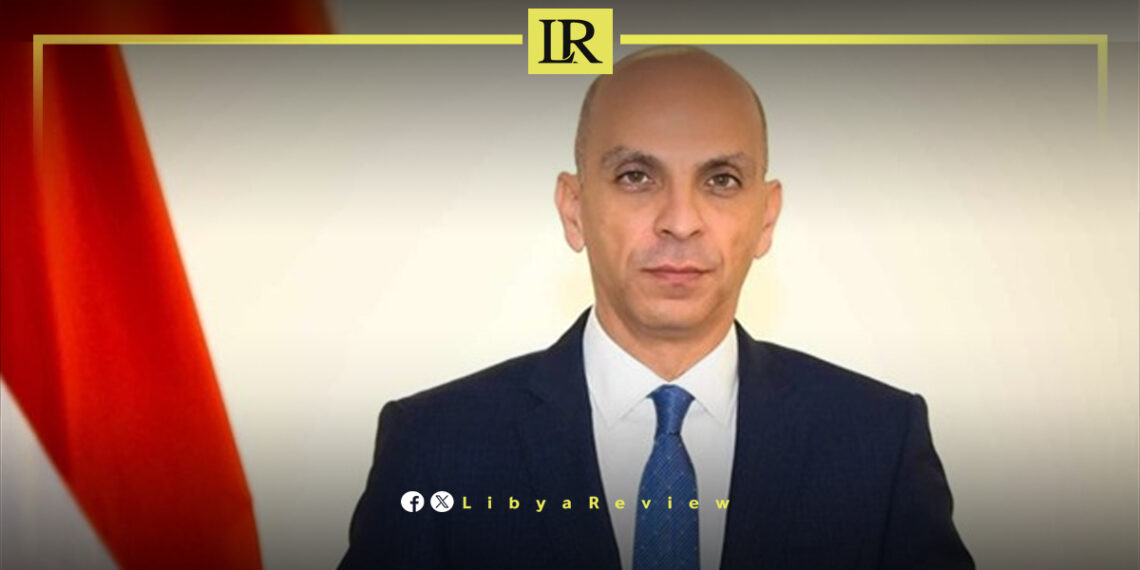Egyptian Foreign Ministry spokesperson Ambassador Tamim Khalaf emphasized Cairo’s unwavering support for a Libyan-led political solution to the ongoing crisis in Libya. He stressed the importance of forming a unified executive authority to facilitate simultaneous presidential and parliamentary elections.
Ambassador Khalaf reiterated Egypt’s backing for the outcomes of the 6+6 Committee meetings and the electoral laws issued by the Libyan House of Representatives. He highlighted the pivotal role of the House of Representatives and the High Council of State in steering the political process through their legislative and constitutional tools.
The spokesperson underscored Egypt’s commitment to maintaining its historic ties with all regions of Libya. He pointed out that the absence of a unified central government remains a significant obstacle to achieving a political settlement.
Ambassador Khalaf reaffirmed Egypt’s support for the 5+5 Joint Military Committee in implementing the outcomes of the Paris Summit and the Berlin Process, including the withdrawal of foreign forces and mercenaries from Libya within a specific timeframe.
Egypt continues to advocate for a stable, united Libya and calls for constructive dialogue among all Libyan parties to achieve sustainable peace and progress.
Libya has been in chaos since a NATO-backed uprising toppled longtime leader Muammar Gaddafi in 2011. The county has for years been split between rival administrations.
Libya’s economy, heavily reliant on oil, has suffered due to the ongoing conflict. The instability has led to fluctuations in oil production and prices, impacting the global oil market and Libya’s economy.
The conflict has led to a significant humanitarian crisis in Libya, with thousands of people killed, and many more displaced. Migrants and refugees using Libya as a transit point to Europe have also faced dire conditions.
The planned elections for December 2021 were delayed due to disagreements over election laws and the eligibility of certain candidates. This delay has raised concerns about the feasibility of a peaceful political transition.
Despite the ceasefire, security remains a significant concern with sporadic fighting and the presence of mercenaries and foreign fighters. The unification of the military and the removal of foreign forces are crucial challenges.


